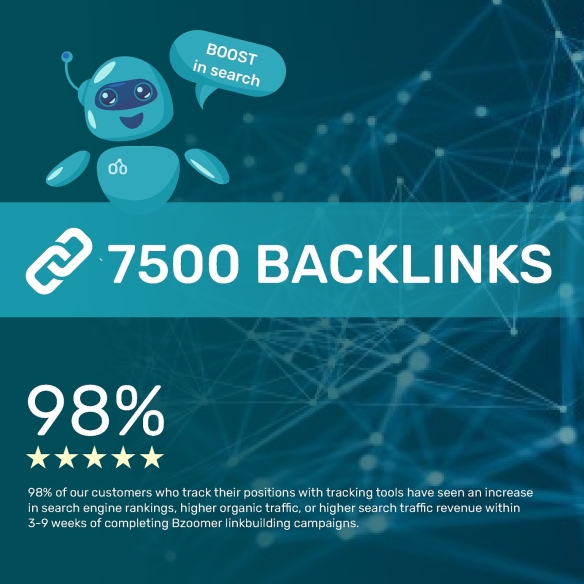In the dynamic world of small business, staying ahead of the curve is crucial for growth and success. One of the most transformative trends in recent years is the integration of Artificial Intelligence (AI). AI for Small Business is no longer a far-fetched idea but a tangible reality that can significantly enhance operational efficiency, customer experience, and overall business growth. This article delves into practical AI solutions that small businesses can adopt to stay competitive and innovative.
Understanding AI and Its Potential for Small Businesses
Artificial Intelligence refers to computer systems or machines that mimic human intelligence to perform tasks and can iteratively improve themselves based on the information they collect. For small businesses, AI offers an array of benefits including automating routine tasks, analyzing large sets of data, and providing insights for better decision-making.
Automating Routine Tasks
One of the primary advantages of AI for small businesses is the automation of routine and time-consuming tasks. This includes processes like inventory management, scheduling, and customer inquiries handling through AI-powered chatbots. Automation not only saves time but also reduces the likelihood of human error, allowing you and your team to focus on more strategic and creative tasks.
Enhancing Customer Experience
AI can significantly improve customer experience. Tools like AI chatbots can provide instant customer support, answering queries and resolving issues 24/7. Personalization is another aspect where AI shines, as it can analyze customer data to provide tailored recommendations and services, enhancing customer satisfaction and loyalty.
Data Analysis and Decision Making
Small businesses often struggle with effectively analyzing large sets of data. AI comes in handy here, offering advanced data analysis capabilities. By harnessing AI, small businesses can uncover trends, predict customer behaviors, and make informed decisions. This level of insight is invaluable for strategic planning and long-term growth.
Marketing and Sales Optimization
AI can also revolutionize small business marketing and sales efforts. AI-driven tools can optimize marketing campaigns by analyzing consumer behavior and preferences, ensuring that your marketing efforts reach the right audience with the right message. In sales, AI can assist in lead scoring and qualification, improving the efficiency of the sales process.
Challenges and Considerations
While integrating AI For Small Business offers numerous benefits, it's not without its challenges. Small businesses need to consider the cost of implementation, the learning curve for new technologies, and data privacy concerns. It’s crucial to choose AI solutions that align with your specific business needs and capabilities.
Getting Started with AI
To start with AI, identify areas in your business that could benefit the most from automation or data analysis. Begin with small, manageable AI projects, and gradually expand as you become more comfortable with the technology. Partnering with AI service providers can also be a great way to access expert knowledge and tailored solutions.
Conclusion
The integration of AI for Small Business is no longer just a luxury for large corporations. It's a strategic necessity that can drive efficiency, enhance customer experiences, and foster growth. By embracing AI, small businesses can unlock new opportunities, streamline operations, and stay competitive in an increasingly digital world. The key is to start small, focus on specific business needs, and gradually scale your AI initiatives as you reap the benefits of this groundbreaking technology.



